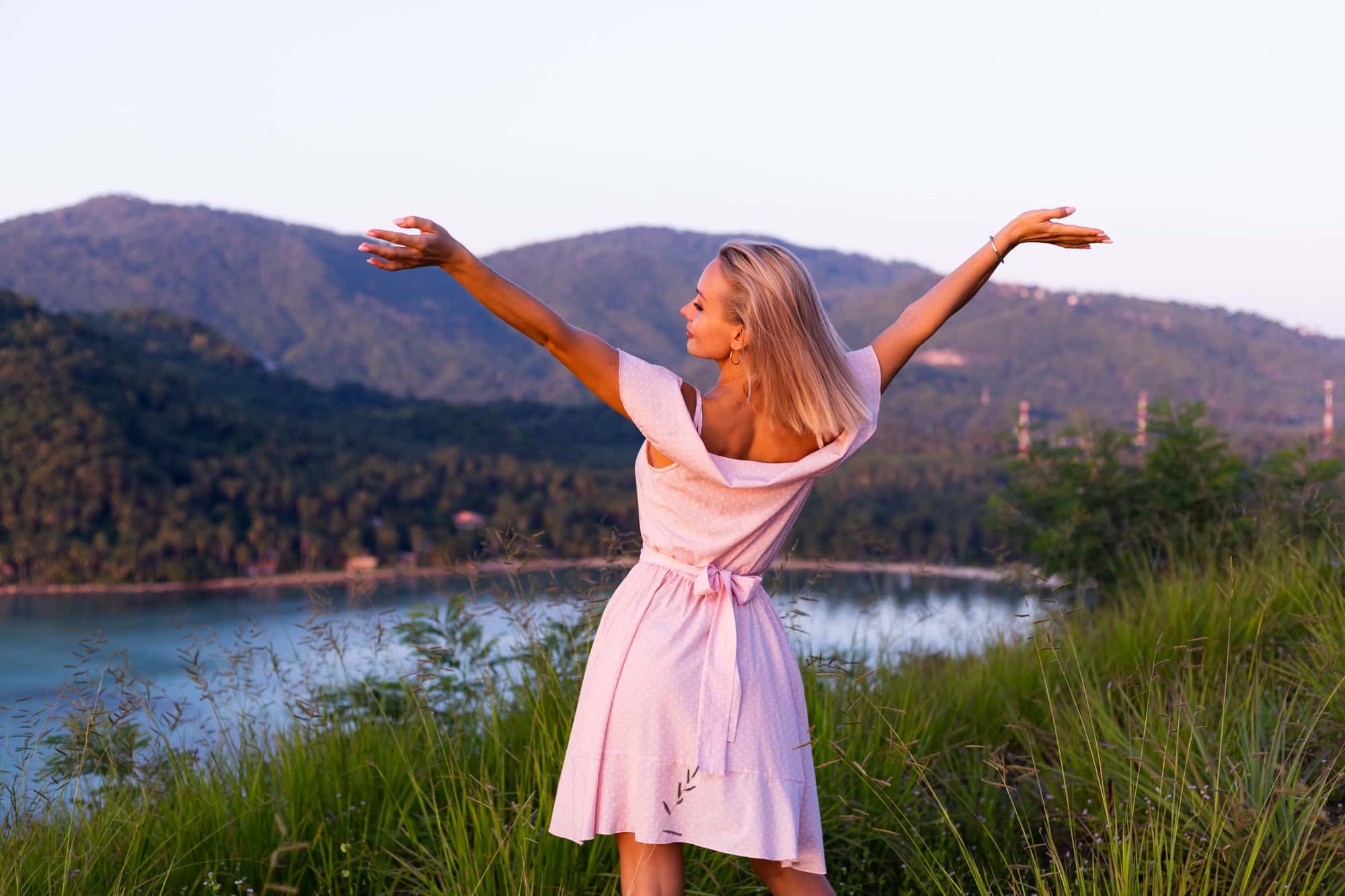The Joy of Minimalism: Embracing a Simpler, Happier Life
Introduction
In today’s fast-paced world, it’s easy to get caught up in the cycle of accumulation—more possessions, more commitments, more stress. But what if the key to happiness lies in having less? Minimalism, a lifestyle focused on simplicity, is gaining popularity as more people discover its profound benefits. This post will explore how embracing minimalism can lead to a more fulfilling and content life.
What is Minimalism?
Minimalism is more than just decluttering your home; it’s about intentionally living with only the things you truly need and value. It’s a mindset that prioritizes quality over quantity, focusing on what truly matters. Whether it’s reducing physical belongings, cutting down on digital distractions, or simplifying your daily routine, minimalism encourages a life of purpose and clarity.
The Benefits of Minimalism
- Reduced Stress: Clutter can overwhelm your senses and contribute to stress. By simplifying your surroundings, you create a peaceful environment that promotes relaxation and mental well-being.
- Increased Focus: With fewer distractions, you can concentrate better on the things that matter most, whether it’s a hobby, a project, or spending quality time with loved ones.
- Financial Freedom: Minimalism encourages mindful spending, helping you save money by avoiding unnecessary purchases. This can lead to greater financial security and freedom.
- Environmental Impact: By consuming less, you reduce your carbon footprint, contributing to a healthier planet. Minimalism often goes hand-in-hand with sustainable living practices.
- Enhanced Relationships: With less focus on material possessions, you can devote more time and energy to nurturing relationships. Minimalism fosters deeper connections by valuing experiences over things.
How to Start Your Minimalist Journey
- Evaluate Your Belongings: Begin by assessing your current possessions. Ask yourself, “Do I need this? Does it bring me joy?” If the answer is no, consider letting it go.
- Simplify Your Schedule: Minimalism isn’t just about physical items—it’s also about time. Cut back on unnecessary commitments and prioritize activities that bring you joy and fulfillment.
- Mindful Consumption: Adopt a “less is more” approach to shopping. Before making a purchase, consider whether it aligns with your values and needs.
- Digital Declutter: In the age of technology, digital clutter can be just as overwhelming as physical clutter. Organize your digital life by deleting unused apps, unsubscribing from unnecessary emails, and limiting screen time.
- Practice Gratitude: Focus on appreciating what you have rather than constantly seeking more. Gratitude is a cornerstone of minimalism, helping you find contentment in simplicity.
Important Facts About Minimalism
Minimalism has roots in various cultures and philosophies, including Buddhism, which advocates for non-attachment to material possessions as a path to inner peace. This practice of non-attachment aligns with the minimalist philosophy of letting go of what doesn’t serve your well-being.
Research has shown that minimalism can significantly improve mental health. A study published in the Journal of Environmental Psychology found that cluttered environments can lead to increased stress and decreased productivity. Conversely, minimalist environments promote calmness and focus, essential elements for a happy life.
Moreover, minimalism doesn’t just benefit individuals; it also has a positive societal impact. By reducing consumption, minimalists contribute to less waste and a more sustainable economy. This conscious approach to living not only enhances personal joy but also supports a healthier planet, aligning personal well-being with global responsibility.
Minimalism is also linked to increased happiness. Studies suggest that experiences, rather than material possessions, bring longer-lasting joy. By prioritizing experiences over things, minimalists often report a greater sense of fulfillment and a happier life.
Conclusion
Minimalism is not about deprivation—it’s about liberation. By embracing a simpler, more intentional way of living, you can free yourself from the pressures of consumerism and discover a deeper sense of peace and satisfaction. Start small, be patient with yourself, and remember that minimalism is a journey, not a destination. Whether you’re seeking a more joyful, happy life or looking to contribute to a sustainable future, minimalism offers a path to both personal and global well-being.





